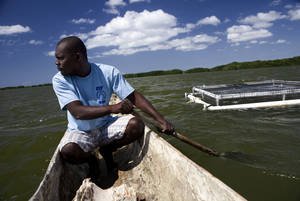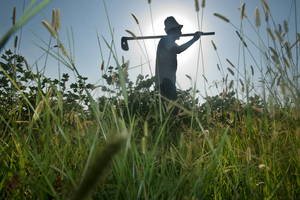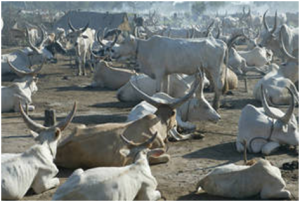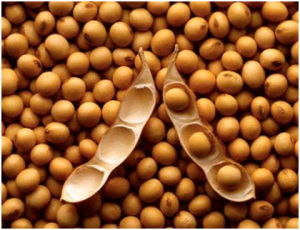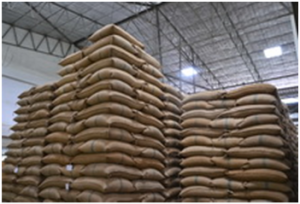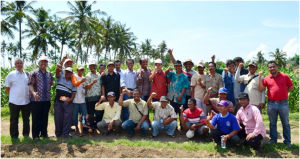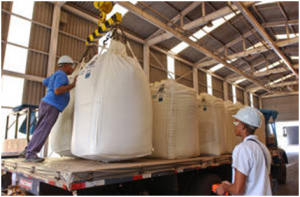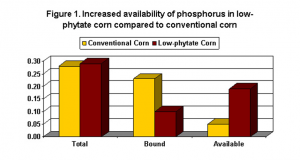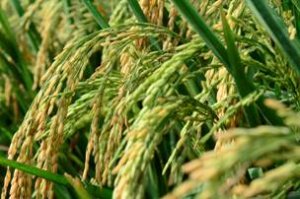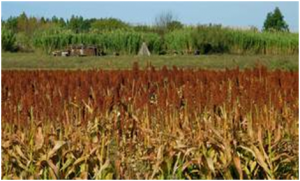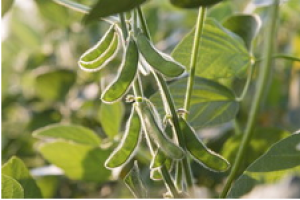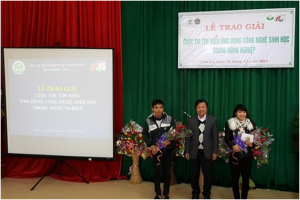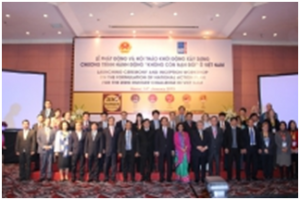|
Delays in Biotech Crop Approvals in Africa Amplifies Malnutrition
Saturday, 2017/09/02 | 03:17:49
|
|
The delay in commercialization of biotech crops in Africa is costly, not only economically, but also in health and nutrition, according to a study published in Plos One.
Justus Wesseler from Wageningen University and other scientists developed a real option model to illustrate the effects of delaying approval of biotech crops with important traits that address specific concerns of smallholder farmers in Africa. For instance, a year of delay on the approval of pod borer resistant cowpea in Nigeria will cost the country ~33 million to 46 million USD between 100 to 3,000 lives.
Compared with previous studies that investigated the cost of commercialization delays, Wesseler's study highlights its effect on malnutrition, which showed to be substantial. "For Kenya, the effect on malnutrition can even be larger than the effect on producer and consumer surplus. This illustrates that in countries where malnutrition is important, the effect should be considered in the analysis of welfare effects. This further illustrates that the effect on malnutrition of GE crops and other yield increasing strategies deserve attention, so that their economic and humanitarian effects are not underestimated," the study concluded.
Read the peer-reviewed research article in Plos One. |
|
|
|
[ Other News ]___________________________________________________
|


 Curently online :
Curently online :
 Total visitors :
Total visitors :
